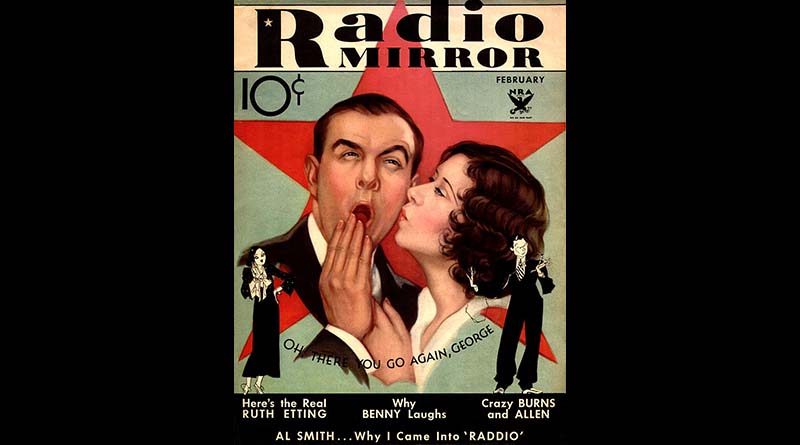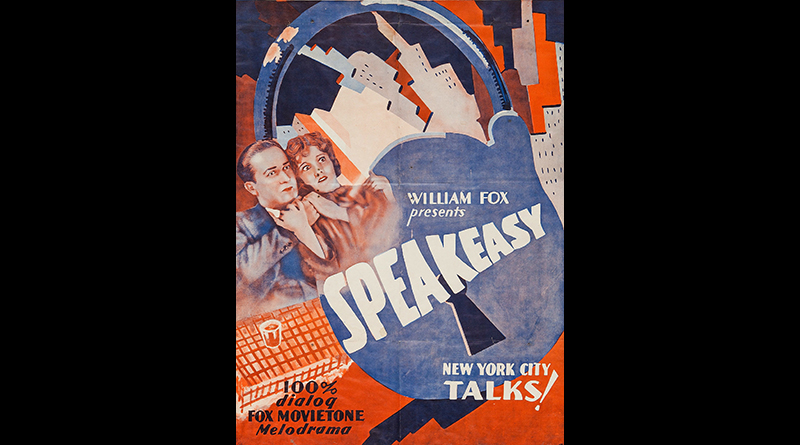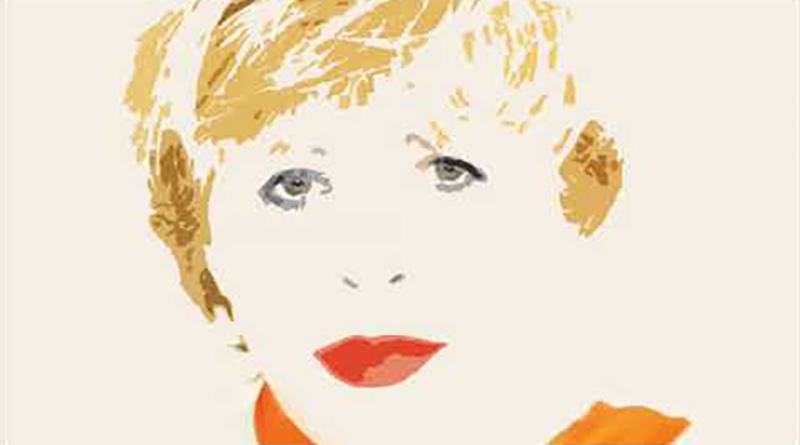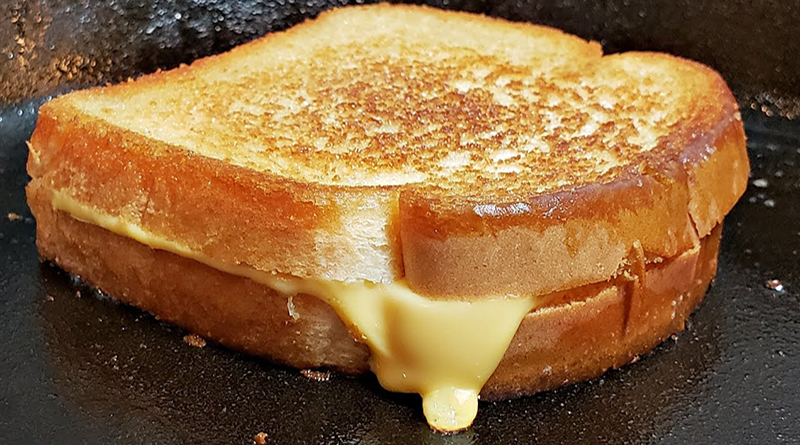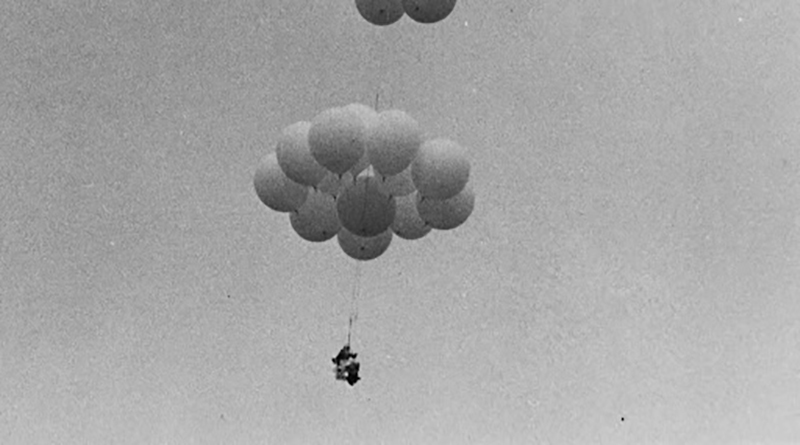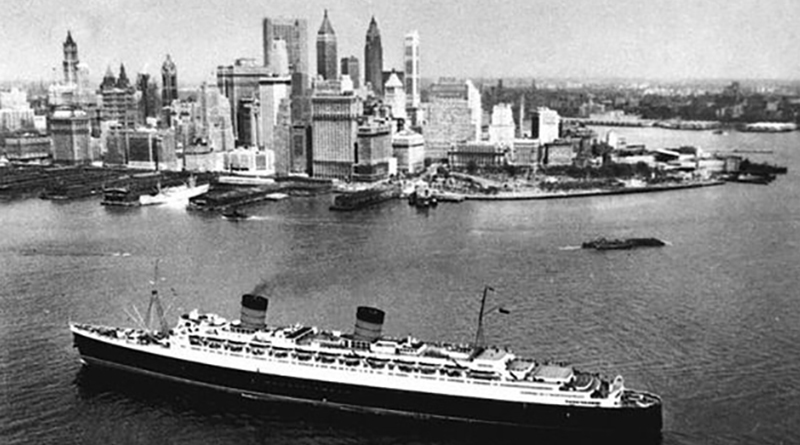George Burns and Gracie Allen evolved into one of the most popular radio teams of the 1930s. By the end of the decade, however, Burns began noticing an alarming change:
Our ratings kept dropping I’m in bed one night, two in the morning, and it finally hit me: I said, “We are too old for the jokes we’re doing.” We were married and on the air we were single…. So I woke up Gracie. I says, “Kid, I got it.” The next week I went on the air, I said, “Ladies and gentlemen, Gracie and I have been married for a lot of years; we’ve got two children, and so from now on we’re Bums and Allen, a married couple.” And you tell different jokes when you’re married…. When you are thirty-five, you tell jokes about cooking, about roast beef in the oven.
Burns: You’re not going to burn the roast beef, are you?
Allen: Oh, no, I use two roast beefs.
Burns: Two roast beefs?
Allen: Yes, a big one and a small one.
Burns: A big one and a small one.
Allen: Yes, when the small one burns, I know the big one is ready.
The evolution of Burns and Allen into an acknowledged married couple boosted their ratings once again until 1949, when they made the transition into television. The George Burns and Gracie Allen Show debuted the next year on CBS and involved some innovative concepts. Burns came up with the idea of leaning up against the proscenium arch at the beginning of each program, puffing on his cigar, and talking to the audience as if he were a kind of Greek chorus. “You know,” he might say, “George S. Kaufman is responsible for tonight’s plot. I asked him to write it and he said no.” Burns would drawl on about his thoughts on comedy or married life and then there’d be a noise upstage. “Here we go,” he’d tell the audience, hop over the tiny line of bricks that separated him from the living room set, and he’d enter the action. Such Pirandellian antics delighted both audiences and critics, but Burns himself thought little of them. As he said at the time, “Television was so new that if an actor burped, everyone agreed it was an innovative concept and nothing like it had ever been done on television before.” — Laurence Maslon, from his book Make ‘Em Laugh: The Funny Business of America (read for free)

